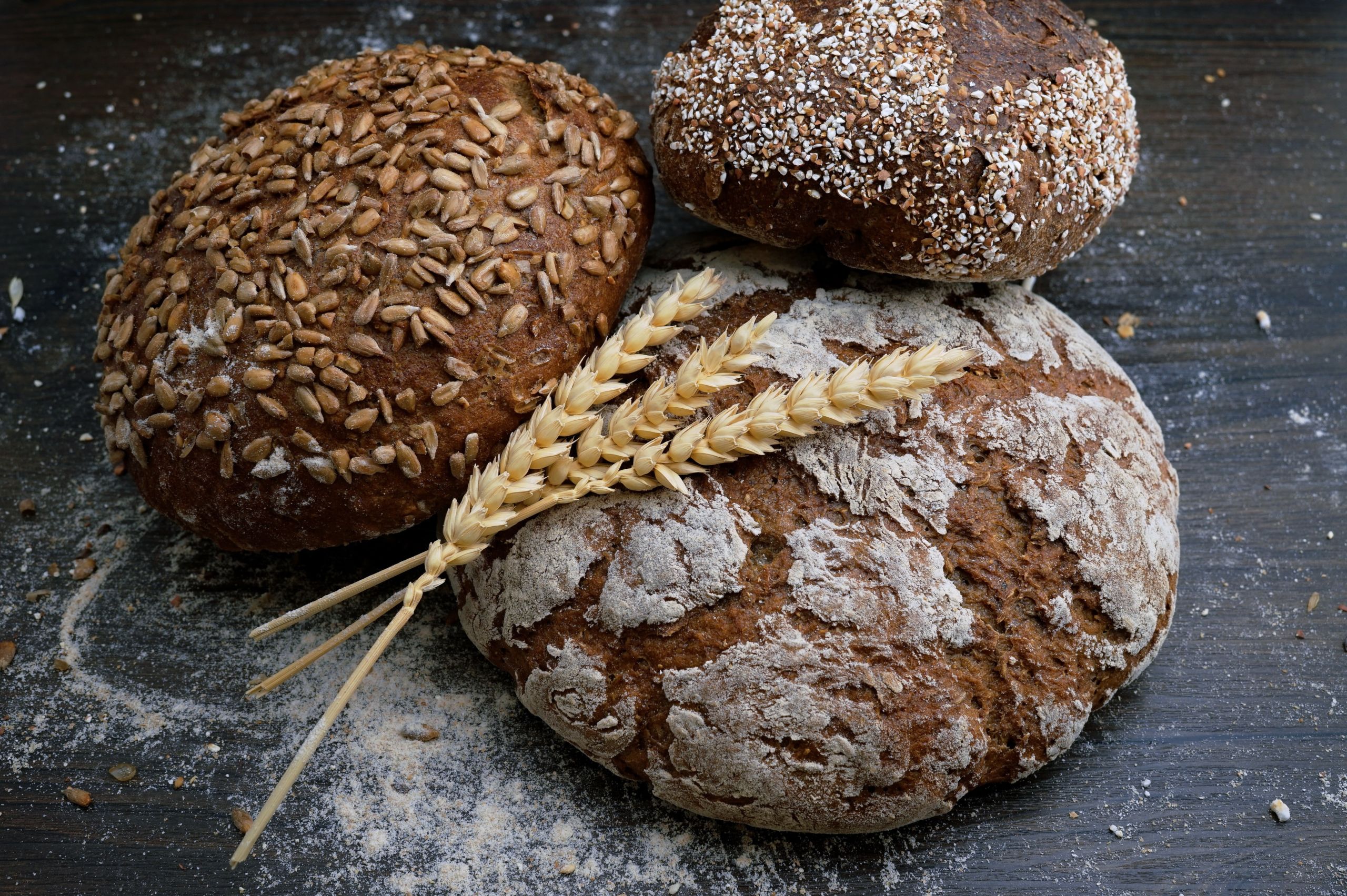Living with coeliac disease: How allergen awareness is changing in the UK
Coeliac disease affects one in 100 people, yet half a million individuals still do not know if they have it or not.
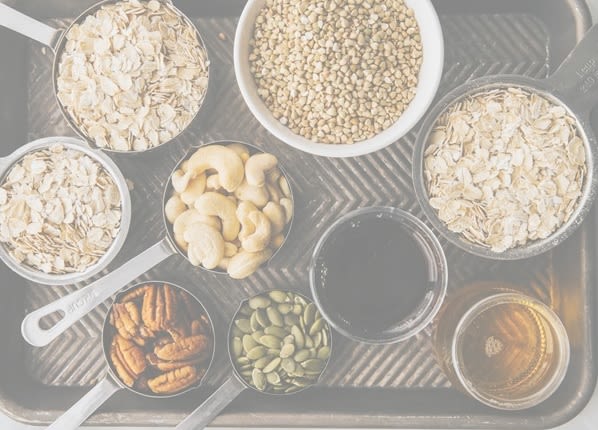
Coeliac disease according to the official definition provided by Coeliac UK, is an illness where your body's immune system attacks its own tissues when you eat foods containing gluten.
Frequently misdiagnosed as irritable bowel syndrome (IBS) due to the similarities in symptoms, having coeliac is not the same as a food allergy or intolerance.
Today is #WorldFoodSafetyDay!
— Coeliac_UK (@Coeliac_UK) June 7, 2020
Check out how we are helping our community to eat safely 👇 https://t.co/WRQDWk6srI pic.twitter.com/loKFiOmqka
Symptoms range from being mild to severe and can include the following:
- Bloating
- Diarrhoea
- Nausea
- Constipation
- Tiredness Mouth ulcers
- Sudden weight loss
Once diagnosed, the simplest way to treat coeliac is to follow a gluten free diet. Continuing to eat gluten will cause damage to the lining of your gut as the body cannot properly absorb the nutrients from food.
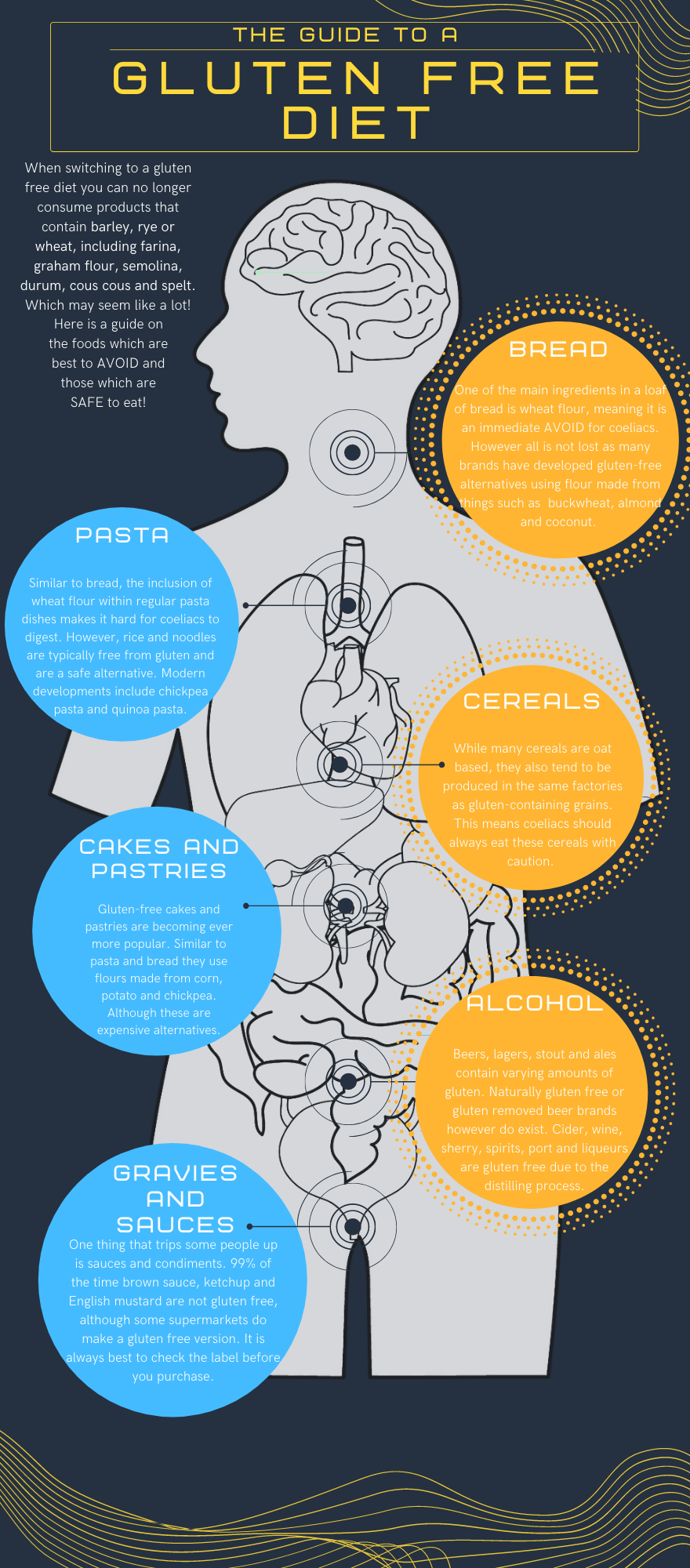
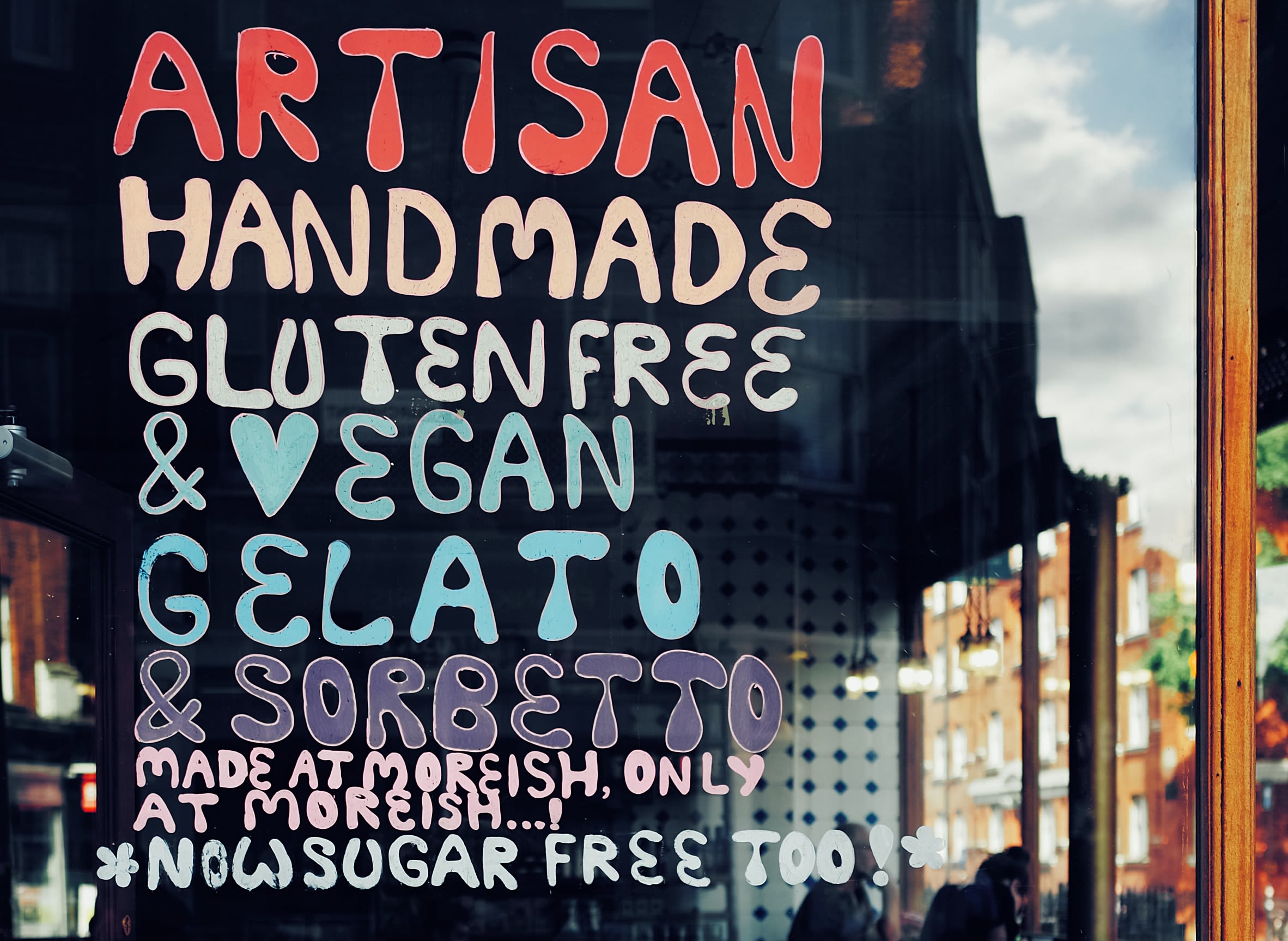
Eating completely gluten free can be a challenge, especially when trying to eat out.
Currently, there are only a handful of high street restaurant chains that provide a gluten free option. Whilst veganism is becoming ever more dominant in the UK food market, allergen awareness and gluten free foods seem to be behind the trend.
One man who is working to change this includes restaurateur and chef Marc Warde, who opened Niche in Islington, London, one of the only completely gluten, nut and sesame-free restaurants in the UK.
As someone who lives with coeliac, Marc understands how difficult it can be to enjoy eating out. With his businesses he now aims to make changes within the industry to ensure food labelling is correct and more gluten free options become available in areas such as airline and hospital food.
He said: "Its not like an allergy where you go into anaphylaxis or shock, it is one that is more subtle.
"Coeliac disease will have a more long term effect for the rest of your life and can lead to all sorts of other problems including cancer.
"In the airline world, it is not commonly known but if you actually read the small print with some airlines, their gluten free meals will say 'not suitable for allergies' well that is no good to someone who is a coeliac."
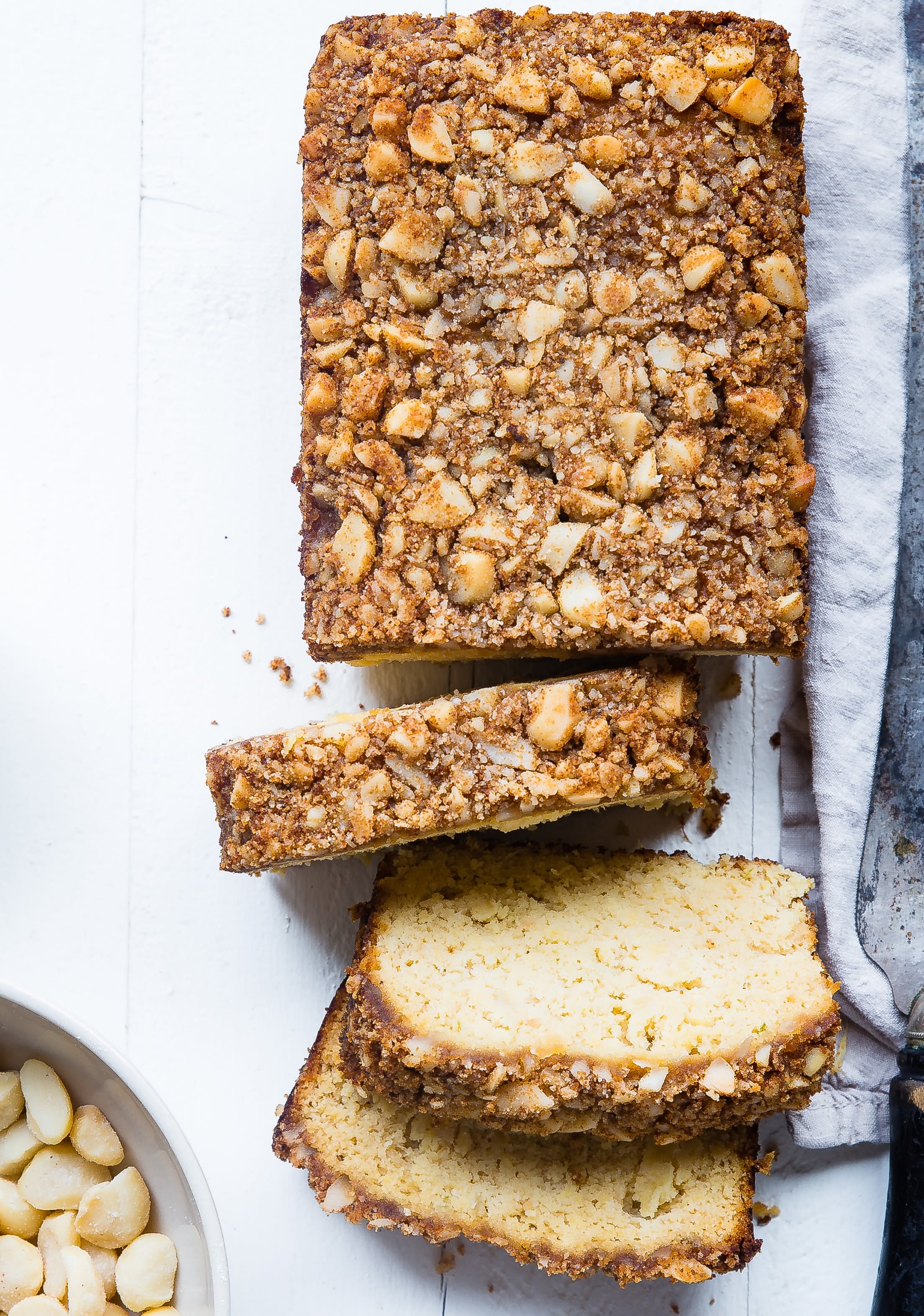
Operating with the motto "the friendly face of gluten-free dining", the Niche team want to rid of the stigma that those with coeliac are more of a burden on restaurants when they require a specially prepared meal.
Food allergens in general are on the rise

Allergy UK, a charity that supports people with allergies and intolerances told The Guardian in 2018 that: "Between 6 and 8% of children are thought to have food allergies, compared with less than 3% of adults – but numbers are growing in westernised countries, as well as places such as China.
“Certainly, as a charity, we’ve seen an increase in the number of calls we receive, from adults and parents of children with suspected or confirmed allergy. Certain types of allergy are more common in childhood, such as cow’s milk or egg allergy but, it is possible at any point in life to develop an allergy to something previously tolerated.”
The tragic death of teenager Natasha Ednan-Laperouse back in 2019, after she ate a mislabelled Pret a Manger baguette which did not state the correct allergen information has put allergen awareness on government agenda.
The overwhelming public support after Natasha's death has led to the The UK Food Information Amendment, otherwise known as Natasha's Law which is coming into force in October 2021.
This new law will require businesses to provide a full list of ingredients and allergen labelling on pre-packaged foods which are for direct sale on the premises.
These new rules will affect a wide range of businesses from cafés to major supermarket chains.
Heather Hancock, former chair of the Food Standard Authority, described Natasha’s Law as an “important step forward in our ambition for the UK to become the best place in the world for people living with food hypersensitivities.”
For allergy sufferers such as Marc, the future for 100% gluten free food and awareness of the dangers of cooking gluten free food looks promising.
In fact he stated that: "It would be nicer and kinder if they [restaurants and high street chains] could make something and make that just as good a somebody else's meal.
"It is totally possible to cook gluten and free from food just as well as regular food and for the results to be just as good."
Living proof that this can be achieved comes in the form of The Gluten Free Blogger, who also goes by the name of Sarah Howells. Based in North Devon where she also works as a journalist, she started her blog which started in order to connect with others with coeliac,. Now it has grown immensely, with over a whopping 30,000 Instagram and 6,000 Twitter followers.
Her recipes provide gluten-free alternatives of much loved food, and as she said herself: "My mission was always to try and show the positive side to living gluten free.
"You might think I'm crazy (you wouldn't be alone!) but I genuinely think that having coeliac disease is one of the best things that’s ever happened to me.
"It’s helped me find a passion for creating new dishes and trying new flavours."
London also has the best variety of coeliac friendly restaurants across the UK. Although there is still a long way to go, coeliac disease along with every allergen is slowly but surely getting the awareness it so rightly deserves.
